

Vi gör digitalt
lärande lätt
En plattform för att smidigt skapa och dela kurser,
guider, checklistor och enkäter.


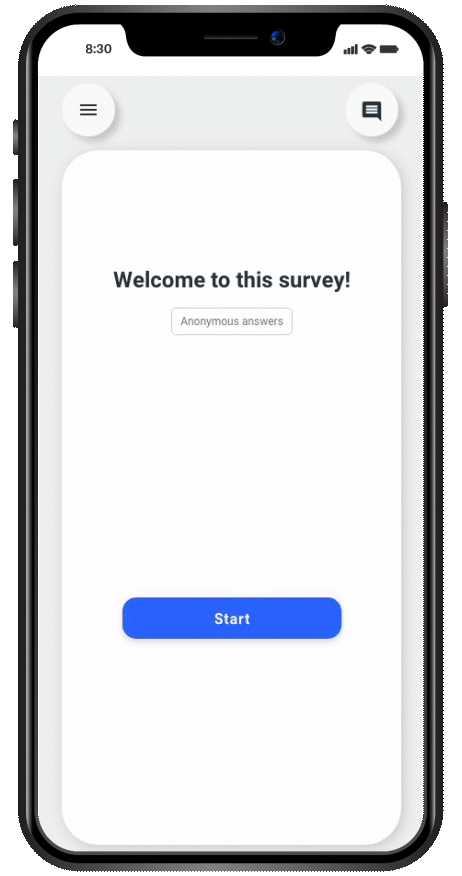
Det ska vara lätt att lära ut!
Kunskapsdelning ska vara lätt för både skaparen och mottagaren. Därför har vi på Skillboost gjort det enklare för organisationen att dela sin kompetens.
Förmedla och samla in kunskap genom att bygga upp allt från korta utbildningar, guider, checklistor och enkäter. Vårt fokus på användarvänlighet gör att hela företaget enkelt kan använda plattformen.
Ett enklare sätt
att dela kunskap
1. Skapa
Välj en mall eller
skapa din egna
- Flera mallar utformade för olika behov
- Skapa kurser, guider, checklistor, quiz & enkäter
- Sammanhängande design som sparar tid
2. Redigera
Skapa effektivt
och stilrent
- Färdigbyggda moduler för ert behov
- Drag & Drop gör det enkelt att skapa
- Lägg snabbt till texter, bilder och video
3. Dela
Automatisera utskick
av innehåll
- Dela direkt till användare, via länk eller QR kod
- Automatisera utskick med förbyggda processer
- Minska risken att något glöms bort
- Spara tid på återkommande uppgifter
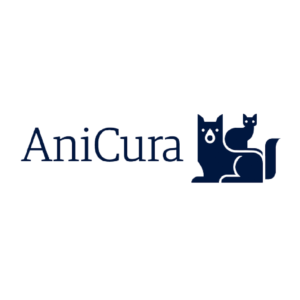
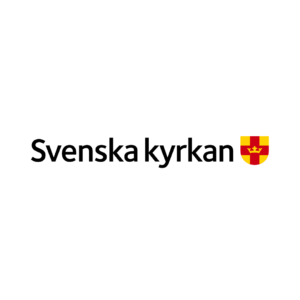
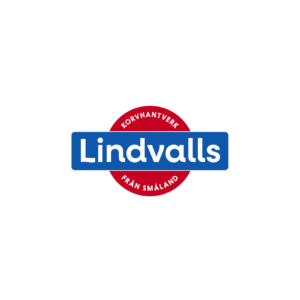


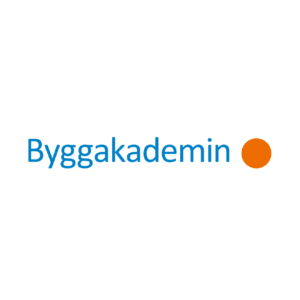
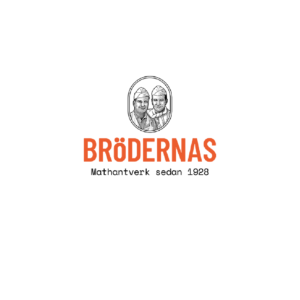

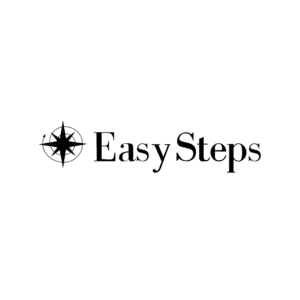
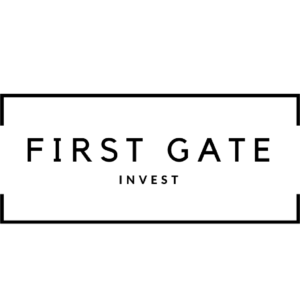
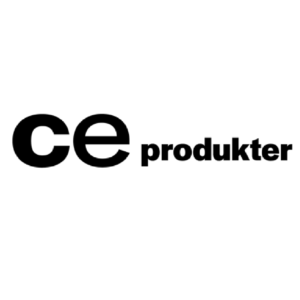

– Anneli Bjöersdorff | Education Manager
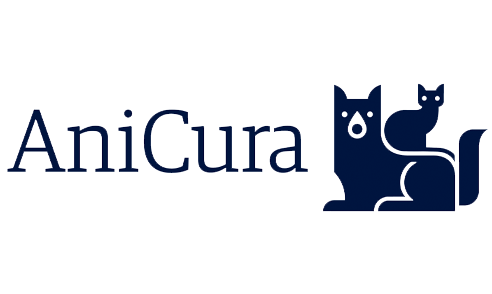
AniCura är en ledande aktör för djurvård. Man har idag över 12.000 medarbetare utspridda på över 450 kliniker runtom i Europa.
Hur används Skillboost?

Onboarding

Support

Utbildningar

Undersökningar
Samla in information, feedback och åsikter från kollegor, nuvarande och potentiella kunder med öppna eller anonyma enkäter.
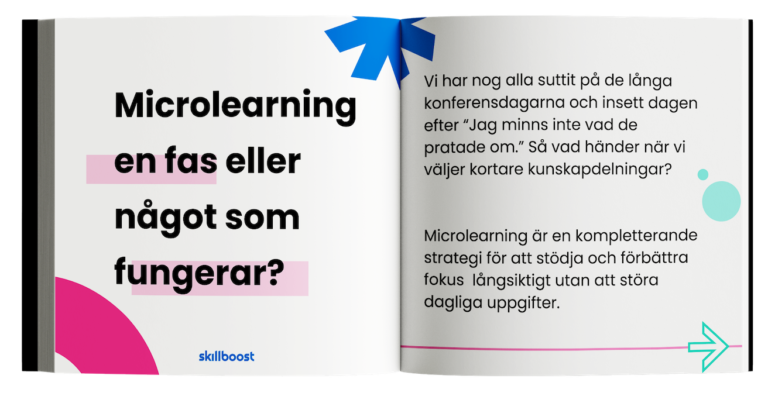
Läs mer om microlearning. Ett enkelt och effektivt sätt att dela kunskap inom och utanför organisationen.
Hundratals organisationer har redan fått resultat från fördelarna med Skillboost mikrolärande plattform

